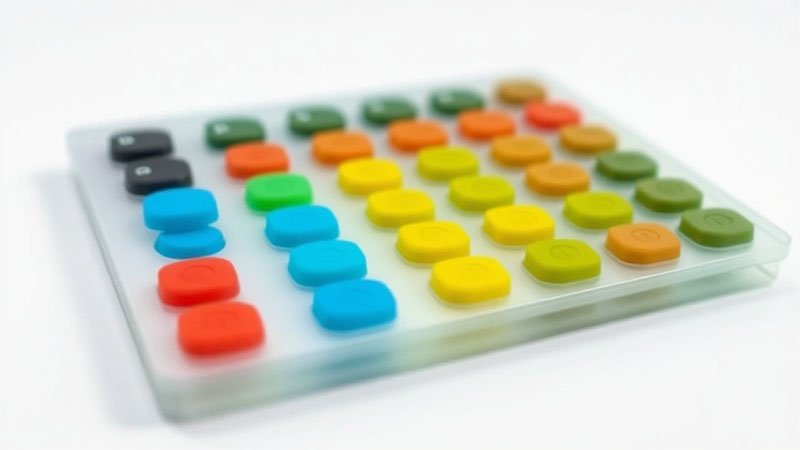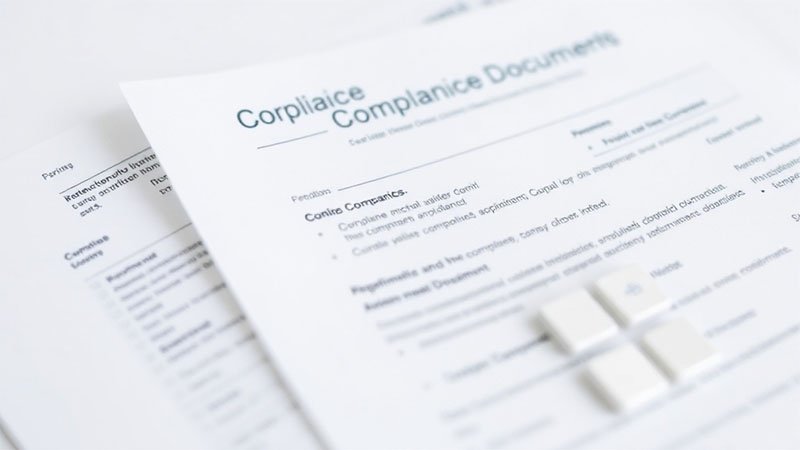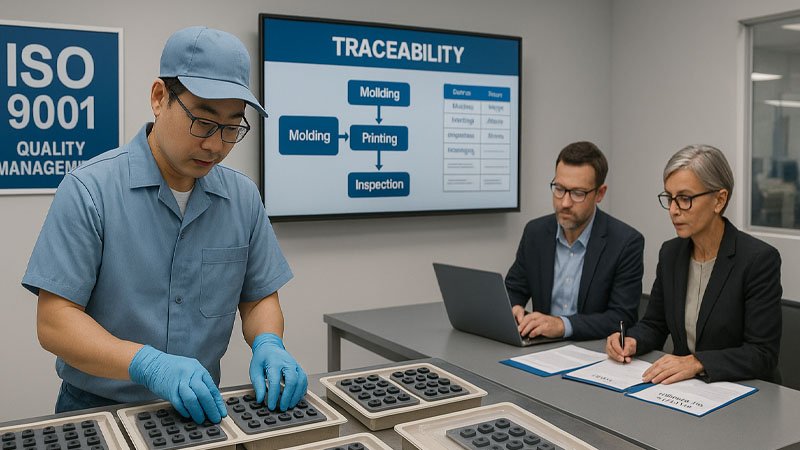The wrong supplier can ruin your product timeline, budget, and reputation. Don’t guess—know what to ask.
Choosing a silicone keypad supplier involves evaluating quality control, customization capabilities, compliance credentials, communication, and production reliability.
I’ve helped brands vet and switch suppliers multiple times. The right partner makes development smoother and keeps your customers happy. Here’s how to make the right choice.
Why Is Supplier Choice So Important?
Your supplier doesn’t just make parts—they shape your product.
A reliable silicone keypad supplier ensures product consistency, meets regulatory standards, and adapts quickly to design or demand changes.

If your supplier lacks control or flexibility, you’ll face:
- Missed delivery deadlines
- Quality variation batch to batch
- Compliance failures
- Difficulty with design changes
Choosing right the first time avoids costly corrections later.
What Quality Standards Should They Meet?
Trust starts with proof.
A qualified silicone keypad supplier should follow ISO 9001 for quality management, offer traceability, and provide third-party compliance reports.

Check for:
- ISO 9001 Certification: Demonstrates process control
- Material Certifications: FDA, RoHS, REACH as needed
- Traceability Records: Raw material to finished part
- In-House QC Systems: Force testing, visual inspection, dimension checks
Ask for recent quality audit reports. If they’re vague or missing, that’s a red flag.
Can They Handle Custom Design Requirements?
One-size-fits-all doesn’t work for keypads.
Your supplier should support custom dome shapes, backlighting, coatings, force tuning, and graphic layout.
Evaluate:
- CAD design and prototyping support
- Custom tooling capabilities
- Color-matching and legend printing
- Tactile force adjustment options
I always check sample speed. If they can’t prototype in under 2–3 weeks, you’ll lose momentum.
Do They Offer Regulatory Compliance?
If your device is regulated, so is your keypad.
The supplier must comply with FDA, RoHS, REACH, and ISO 10993 if your product targets medical, baby, or industrial markets.
Ask for:
- Material Safety Data Sheets (MSDS)
- Certificates of Compliance (CoC)
- Biocompatibility and extractables test reports
If they’ve never served your industry before, be cautious.
How Responsive Is Their Communication?
Poor communication kills projects.
A good supplier responds quickly, shares clear timelines, and provides transparent updates at every stage.

Look for:
- Dedicated project manager or sales engineer
- Clear English documentation and email support
- Fast quote turnaround (within 48–72 hours)
- Regular check-ins during tooling and production
I’ve dropped vendors just because they ghosted during a revision round. Good partners stay engaged.
What’s Their Production Capacity and Lead Time?
Your growth depends on their capability.
Ensure the supplier has enough production capacity to scale with you, and ask for typical lead times for both tooling and mass production.

Questions to ask:
- What’s your weekly/monthly output?
- How long for new tooling? (Target: 3–5 weeks)
- What’s the typical mass production lead time? (Target: 3–4 weeks)
- Can you scale up fast for urgent orders?
Delays in input components can halt your entire assembly line.
Can They Provide Real-World References?
Past performance predicts future reliability.
Ask for case studies or references from similar industries, especially if your use case is complex.
Things to check:
- Which brands do they serve?
- Any examples in your industry?
- Do they have testimonials or sample devices?
I often call references directly. They’ll tell you what the marketing material won’t.
Conclusion
Choosing the right silicone keypad supplier means evaluating quality, customization, compliance, communication, and capacity. Ask the hard questions upfront to avoid costly mistakes.